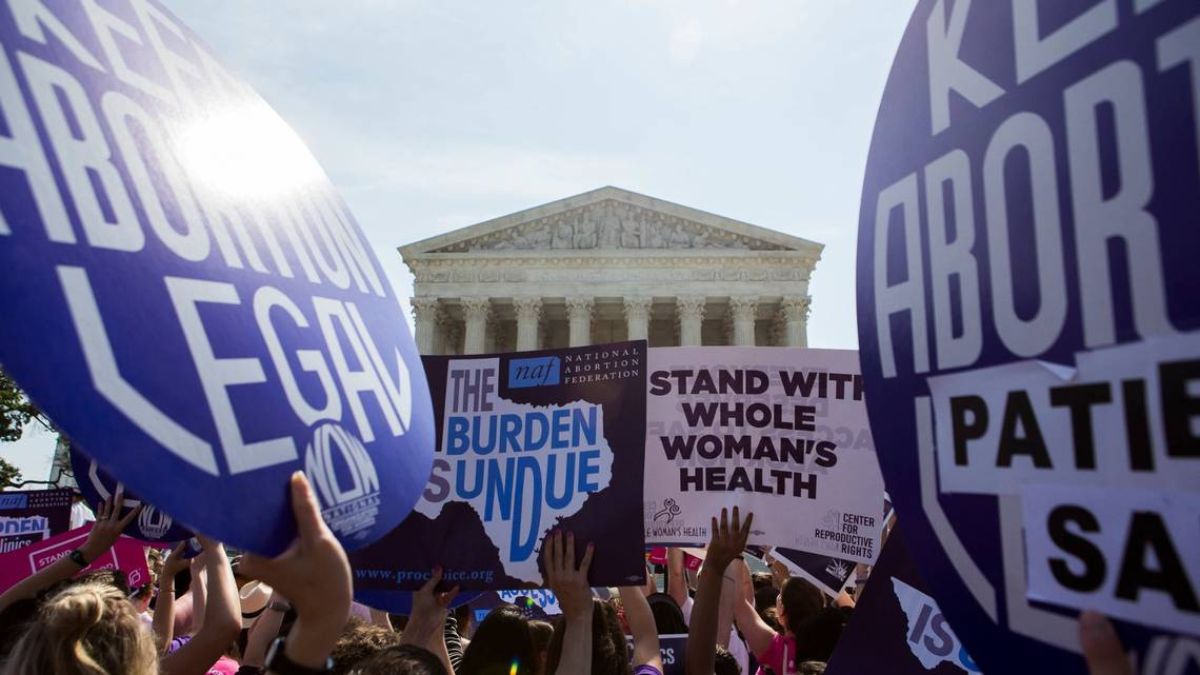Texas has been at the center of the national debate on abortion rights due to its strict regulations. Since the overturning of Roe v. Wade in 2022, Texas abortion laws have become some of the most restrictive in the U.S. This article provides an in-depth look at the current laws, their implications, legal challenges, and resources for those affected.
1. Overview of Texas Abortion Laws in 2024
Texas enforces some of the toughest abortion restrictions in the country. Key laws include:
A. Senate Bill 8 (SB 8) – The “Heartbeat Act”
- Enacted in September 2021, SB 8 bans abortions once fetal cardiac activity is detected (around 6 weeks gestation).
- Unique enforcement mechanism: Private citizens can sue anyone who aids or abets an abortion for at least $10,000 in damages.
- No exceptions for rape or incest, only for medical emergency.
B. Trigger Law (House Bill 1280)
- Went into effect after Roe v. Wade was overturned.
- Makes performing an abortion a felony, punishable by up to life in prison and fines up to $100,000.
- Exceptions only to save the pregnant person’s life or prevent “substantial impairment of major bodily function.”
C. Texas Abortion Ban (Pre-Roe Statute)
- A pre-Roe law from 1925 was reactivated, criminalizing abortion with penalties of 2–5 years in prison.
- Though newer laws supersede it, prosecutors could still use it in certain cases.
2. Exceptions to Texas Abortion Bans
While most abortions are banned, limited exceptions exist:
A. Medical Emergencies
- If the pregnancy poses a life-threatening risk to the pregnant person.
- Doctors must intervene before the patient’s condition becomes critical.
B. Ectopic Pregnancies & Miscarriage Management
- Treatment for ectopic pregnancies (non-viable, life-threatening) is allowed.
- Miscarriage care (D&C procedures) is permitted but can be legally ambiguous.
C. No Exceptions for Rape or Incest
- Texas does not allow abortions in cases of sexual assault or incest.
3. Legal Challenges & Court Battles
Several lawsuits have challenged Texas abortion laws:
A. Whole Woman’s Health v. Jackson (2021)
- The U.S. Supreme Court allowed SB 8 to remain in effect due to its unique enforcement mechanism.
B. Zurawski v. Texas (2023)
- A group of women denied abortions despite medical risks sued Texas.
- A judge ruled the ban was too restrictive but the Texas Supreme Court blocked the decision.
C. Federal & State Court Battles Continue
- Ongoing lawsuits argue that the laws violate state constitutional rights.
4. Impact of Texas Abortion Laws
A. On Patients
- Many Texans travel out of state (New Mexico, Colorado, California) for abortions.
- Financial and logistical barriers disproportionately affect low-income individuals.
B. On Healthcare Providers
- Doctors face legal risks even when providing medically necessary care.
- Some OB-GYNs are leaving Texas due to fear of prosecution.
C. On Birth Rates & Public Health
- Studies show an increase in births, particularly among marginalized communities.
- Maternal mortality rates (already high in Texas) may worsen.
5. Where Can Texans Get Abortion Services?
A. Out-of-State Options
- New Mexico: Closest state with fewer restrictions.
- Colorado & California: Offer telehealth and later-term options.
B. Telehealth & Mail-Order Pills
- Organizations like Aid Access and Plan C provide abortion pills by mail.
- Texas bans the mailing of abortion pills, but enforcement is difficult.
C. Financial Assistance
- Brigid Alliance – Helps with travel and procedure costs.
- Lilith Fund – Texas-based abortion fund.
6. Future of Abortion Rights in Texas
- 2024 Ballot Measures: Advocates push for a state constitutional amendment protecting reproductive rights.
- National Legislation: If federal abortion protections are reinstated, Texas laws could be overruled.
- Grassroots Movements: Organizations like Jane’s Due Process and Texas Equal Access Fund continue fighting for change.
Conclusion
Texas abortion laws are among the strictest in the U.S., with severe penalties for providers and limited exceptions. While legal challenges persist, many Texans must seek care out of state or through alternative means. Staying informed and supporting reproductive rights organizations is crucial for those affected.






